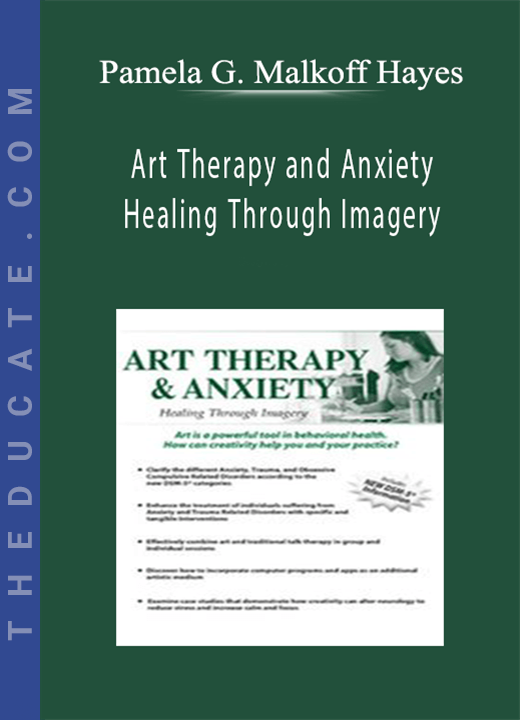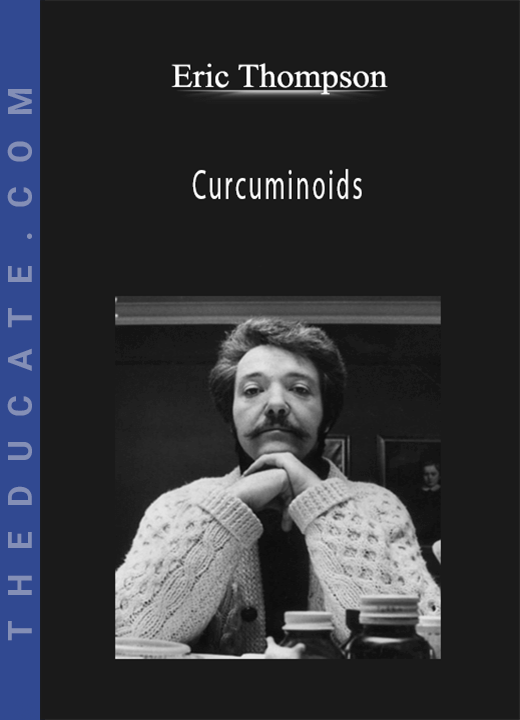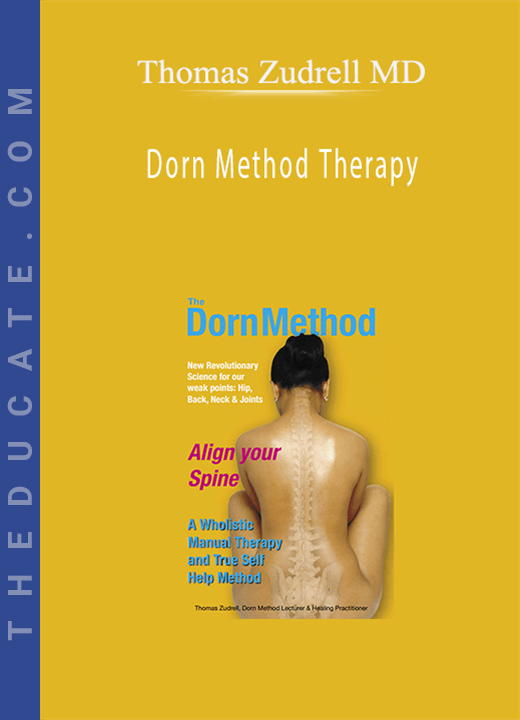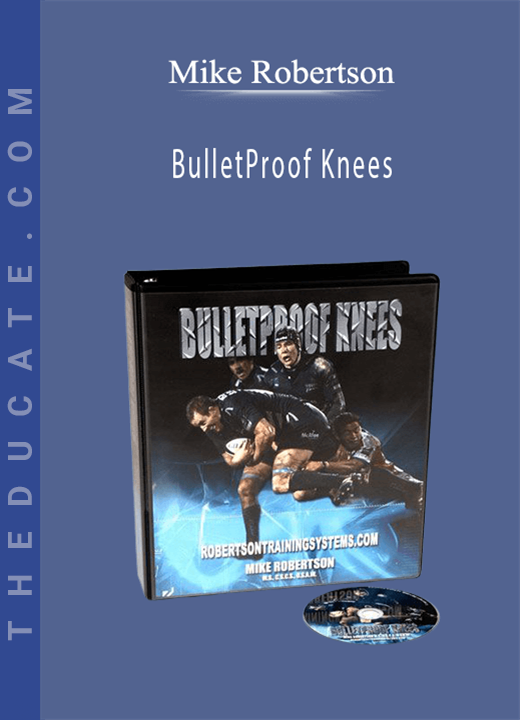Description
Art Therapy and Anxiety: Healing Through Imagery – Pamela G. Malkoff Hayes
Art as Innovation in the Treatment of Anxiety
Art therapy is the field where the worlds of art and psychology meet. Roots can be traced back to Carl Jung, the first known psychologist to have his clients draw as a means to interpret dreams and fantasies. However, the true pioneers of art therapy are Margaret Naumberg and Edith Kramer who, during the 1940s and 1950s, recognized art therapy as its own field of study and practice. Today, art therapy can be applied to many different fields of psychology. Treating children with behavior problems, teens and adults struggling with addiction, couples with marital difficulties, and older adults suffering from Alzheimer’s are only a few of the areas where art therapy is utilized. By making and interpreting their own art, individuals can reach beyond censored and conscious feelings to a deeper understanding of personal motivations in everyday life.
This course is designed to educate participants about art therapy and provide practical skills for effective assessment and intervention with clients experiencing symptoms of anxiety. Demonstrations of art therapy techniques will advance the participants’ understanding of the biopsychosocial perspective of many of the disorders that fall under the DSM-5 categories of Anxiety Disorders, Obsessive Compulsive and Related Disorders, and Trauma and Stressor Related Disorders. Significant attention will be paid to treatment interventions with numerous opportunities for hands-on, art-based techniques. Multiple case studies will illustrate the effectiveness of art therapy with anyone presenting with symptoms on the anxiety scale. Take away new skills and interventions to assist in the treatment of your most difficult anxiety cases.
- Recognize the challenges, issues, symptoms, and needs that face client who are living with anxiety, OCD, panic attacks, phobias, PTSD, and sleeping and eating disorders
- Implement art projects into clinical practice that are specifically designed for the treatment of those suffering from anxiety and anxiety-related disorders
- Identify the basis of fear and the process of anxiety, and indentify how this informs the clinician’s choice of treatment interventions
- Choose the most effective combination of art and traditional talk therapy in both group and individual counseling sessions
- List three hands-on art interventions that engage clients
- Review multiple case studies that demonstrate how creativity can alter neurology to reduce stress and increase calm and focus, and discuss how these case studies relate to clinical interventions
FUNDAMENTALS OF ART THERAPY
- Definitions: What is art therapy and how does it differ from verbal therapy?
- The role of art in diagnosis and treatment
- Understanding the different schools of thought in the art therapy world
- Art as Assessment
- Art as Therapy
- Art activity and participation
UNDERSTANDING THE BASIS OF FEAR
- Causes for fears
- Personality traits formed through fear
- Controlling
- Insecure
- Dependency
- Perfectionism
- Stuck
ART THERAPY INTERVENTIONS
- Case studies
- Eating disorders
- Obsessive-Compulsive Disorder
- Panic attacks
- Post-traumatic and acute stress
- Sleeping disorders
- Specific phobias
- Art activity and participation
- Increasing self-esteem through learning
- Gaining control by setting goals
USING OTHER TREATMENTS IN COMBINATION WITH ART THERAPY
- EMDR (Eye Movement Desensitization Reprocessing)
- Relaxation
- Art activity and participation
RESOURCES
- Workbooks
- Art materials
- Digitally-projected examples
- Video research
- Experiential process







10 reviews for Art Therapy and Anxiety: Healing Through Imagery – Pamela G. Malkoff Hayes
There are no reviews yet.